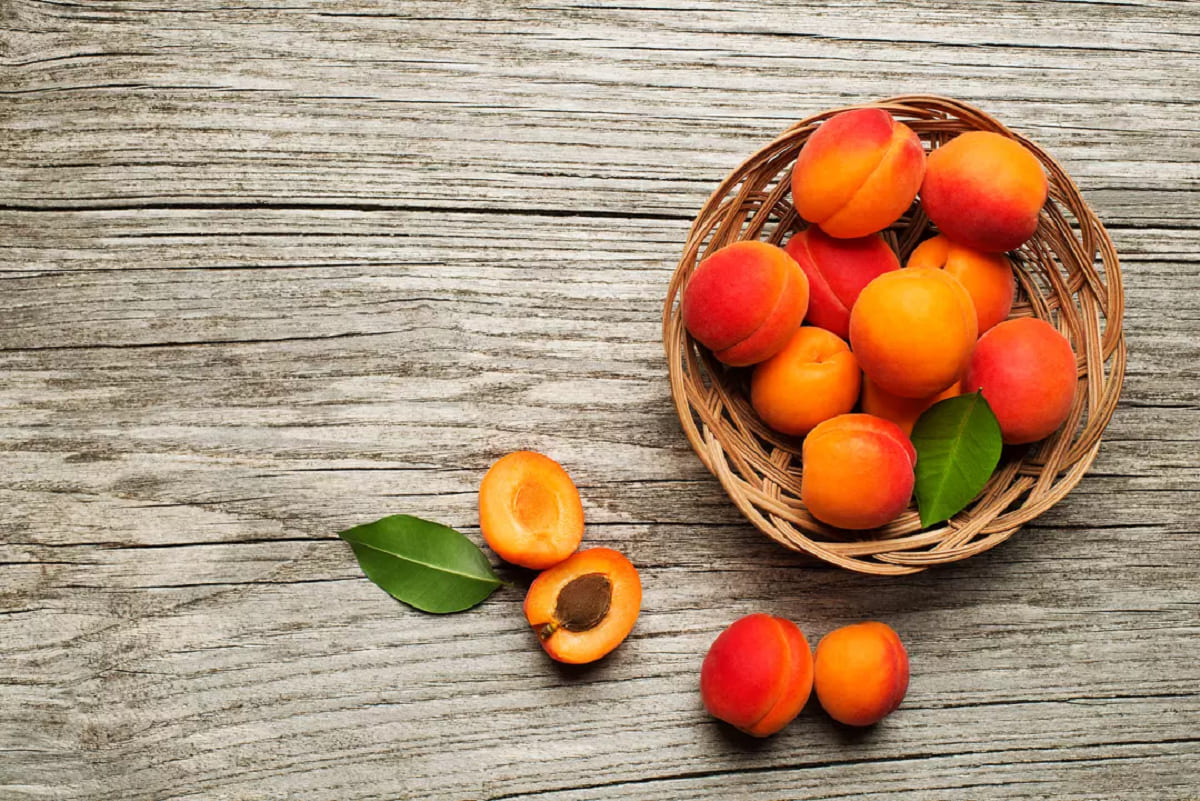As the Texas heat ramps up, so does the abundance of summer fruits at our local Austin farmers markets. From peaches to cherries and everything in between, there’s no shortage of nature’s candy to enjoy. But among these, there’s one fruit that not only tastes delicious but also packs a hefty health punch, particularly for our liver and digestive system.
Why Apricots Are a Liver’s Best Friend
The liver is quite the unsung hero of our body, taking care of everything from toxin processing to nutrient storage. That’s why keeping it healthy is crucial. One of the best treats for our liver in the summertime is the humble apricot. Packed with fiber and rich in vitamins A and C, apricots help in cell renewal and boost the immune system. These nutrients also protect against premature aging by combating oxidative stress.
According to the Ciqual table of nutritional composition, just two apricots provide about 34% of the daily requirement for vitamin A. Their antioxidant properties don’t just stop at anti-aging; they also play a role in preventing cardiovascular issues. Moreover, apricots are among the mineral-rich fruits, which is particularly important during the summer when we tend to lose more minerals through sweat.
Nutritional Benefits That Extend Beyond Summer
Whether fresh or dried, apricots retain their nutritional benefits. They are especially good for regulating bowel movements, which can help prevent the discomfort of constipation—a common issue many of us quietly struggle with. Health author Anthony William praises apricots in his book, noting their easily assimilable vitamin A that does not tax the liver but instead protects it from cellular damage. He also mentions the beneficial copper in apricots that helps rid the liver of harmful toxins.
Nutritionally, apricots are low-calorie fruits. Renowned nutritionist Jean-Michel Cohen points out that apricots have a lower sugar content (only 9%) compared to plums (14%) and cherries (15%). This makes them an excellent choice for anyone watching their sugar intake.
Storage and Selection Tips

To enjoy apricots at their best, they should be consumed quickly after purchase—they last only a couple of days if left out at room temperature, but can stay fresh for up to five days when stored in the vegetable compartment of your refrigerator. When picking apricots, look for ones that are orange, fragrant, and have smooth skin.
While apricots are stars in their own right, other fruits like peaches, lemons, and grapefruits are also beneficial for liver health. On the flip side, it’s wise to avoid fried foods, alcohol, sodas, and heavily processed dishes, as these can be detrimental to liver function.
Embracing the Bounty of Summer
As we enjoy the myriad of fruits available during these warmer months, it’s comforting to know that some of these delightful treats like apricots do more than just satisfy our sweet tooth—they also contribute significantly to our overall health. So next time you’re at a market or grocery store, consider the mighty apricot—a small fruit with big benefits for your liver and digestion.






